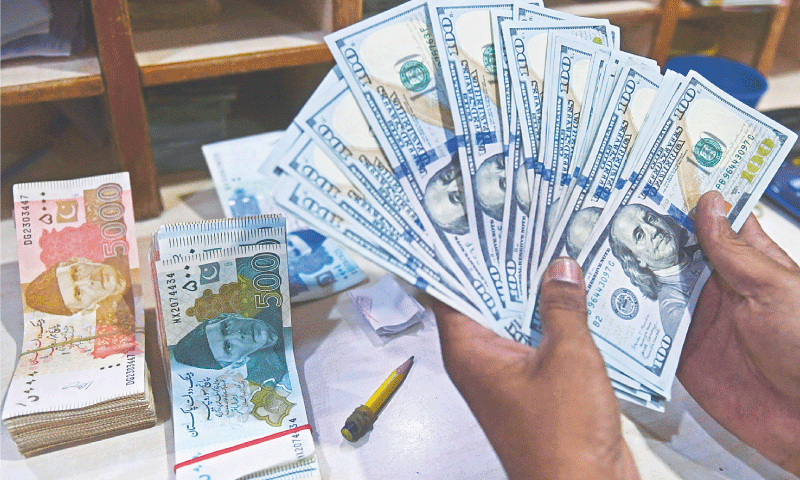ISLAMABAD The nation’s oil supply chain is at its lowest point due to the growing volume of petroleum products being smuggled, from imports to refineries and from marketing firms to pipeline transport networks.
The country’s oil industry, facing a sharp decline in registered sales, has asked the prime minister and other state agencies to take immediate action to stop the smuggling of petroleum products. They argue that this practice not only jeopardizes their survival but also costs the government over Rs120 billion in lost revenue annually, or roughly $36 million every month.
The 22-member Oil Marketing Companies of Pakistan (OMAP), the Oil Companies Advisory Council (OCAC), and Pak-Arab Pipeline Company Ltd. (Papco), which uses pipelines to transport a variety of products, are three significant players in the petroleum market. Each has separately approached the federal government with allegations of unprecedented wrongdoing in the trading and sales of petroleum.
Adil Khattak, the chairman of the 39-member OCAC, which is made up of all local refineries and larger marketing companies, sent an urgent communication to the government on Monday, describing it as a “pressing issue that posed a severe threat to the oil industry, and consequently jeopardised the stability of government revenue streams.” He also said that the extraordinary amount of fuel that is smuggled into Pakistan on a daily basis—4,000 tonnes, according to the Oil and Gas Regulatory Authority (Ogra)—is causing the country to lose roughly $35.6 million a month.
“Swift and aggressive action is required in response to this national crisis.”
According to the head of OCAC, the sales pattern of gasoline and high-speed diesel (HSD) in 2022–2023 was strikingly similar to the numbers obtained during the turbulent pandemic period in 2019–2020.
This decline may be partially explained by the GDP’s 6.11 percent growth in FY22 and 0.3 percent contraction in FY23, but regrettably, year-to-date sales of gasoline and HSD have further declined by roughly 6.5 percent in July–February 2023–24 compared to FY23, raising questions about the accuracy of the projected 1.7 percent GDP growth rate for FY24.
In a similar vein, the fuel and HSD month-to-date sales data for March show a concerning 12 percent and 21 percent fall, respectively.
A product oversupply, reduced refinery throughput, a choke of the White Oil Pipeline (WOP), and constrained sales volumes are all indicated by such substantial negative variations.
On the basis of this, Mr. Khattack said that the illegal transaction had negatively impacted the health of refineries, WOP operations, and the profitability of OMCs by upsetting the entire petroleum product supply chain.
According to the OCAC chairman, who also serves as the head of the Attock Group companies, including the Attock Refinery in Rawalpindi, the unchecked proliferation of substandard petroleum products that are smuggled in drains government revenue and feeds a shadow economy, making it harder to monitor and regulate illicit activities.
OMAP Chairman Tariq Wazir Ali added that the illegal importation of Iranian petroleum products was unfairly hurting OMCs that were compliantly paying taxes and levies and causing serious economic harm to Pakistan.
“Quick and decisive steps to end this smuggling, uphold the rule of law, and protect the interests of lawful companies that are essential to Pakistan’s economic development,” he demanded.
According to Papco Chief Amr Ahmed, utilization has only managed to reach 34% of the promised 45 percent throughput thus far. In order to reach the annualized 45 percent threshold, the government should make sure that “900,000 tonnes of petrol input into WOP between now and end-June 2024.”








